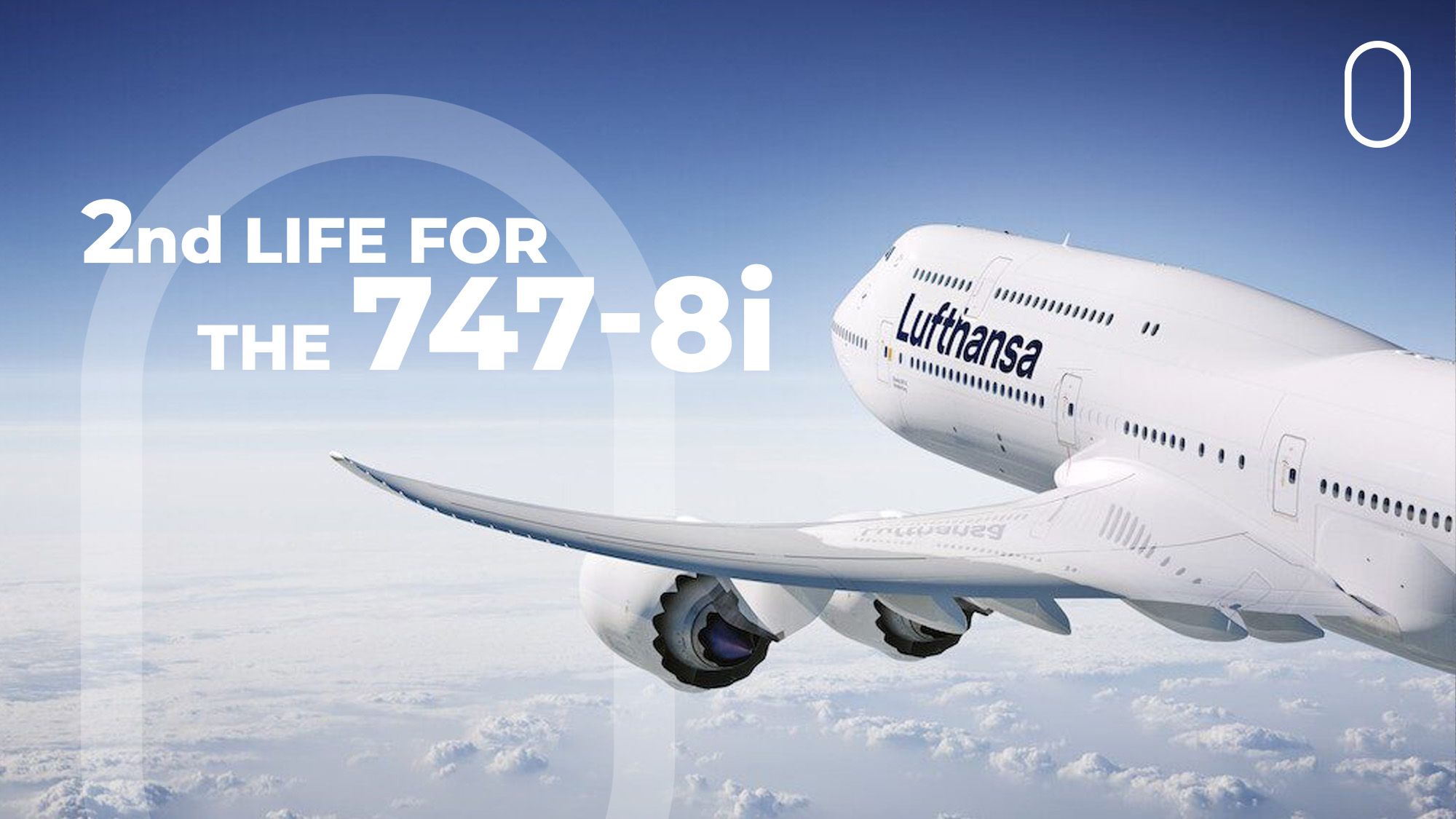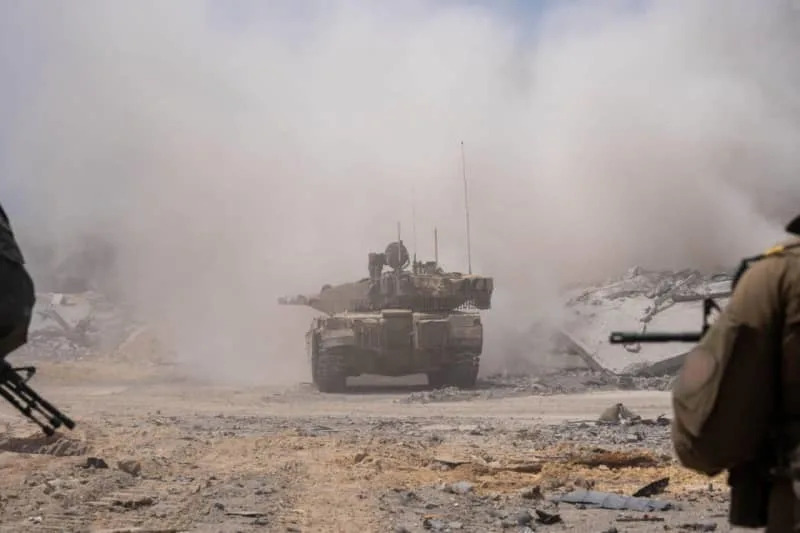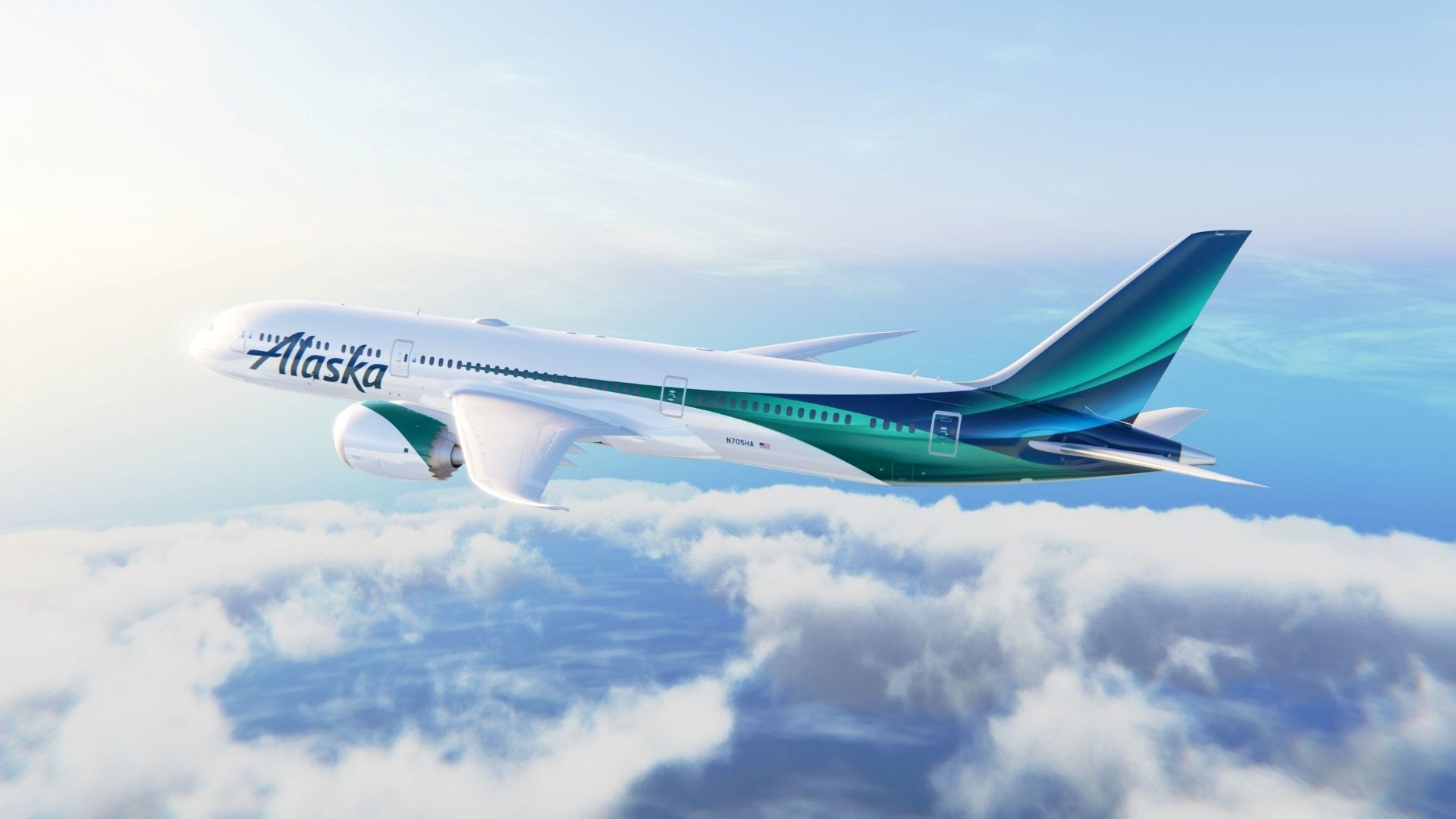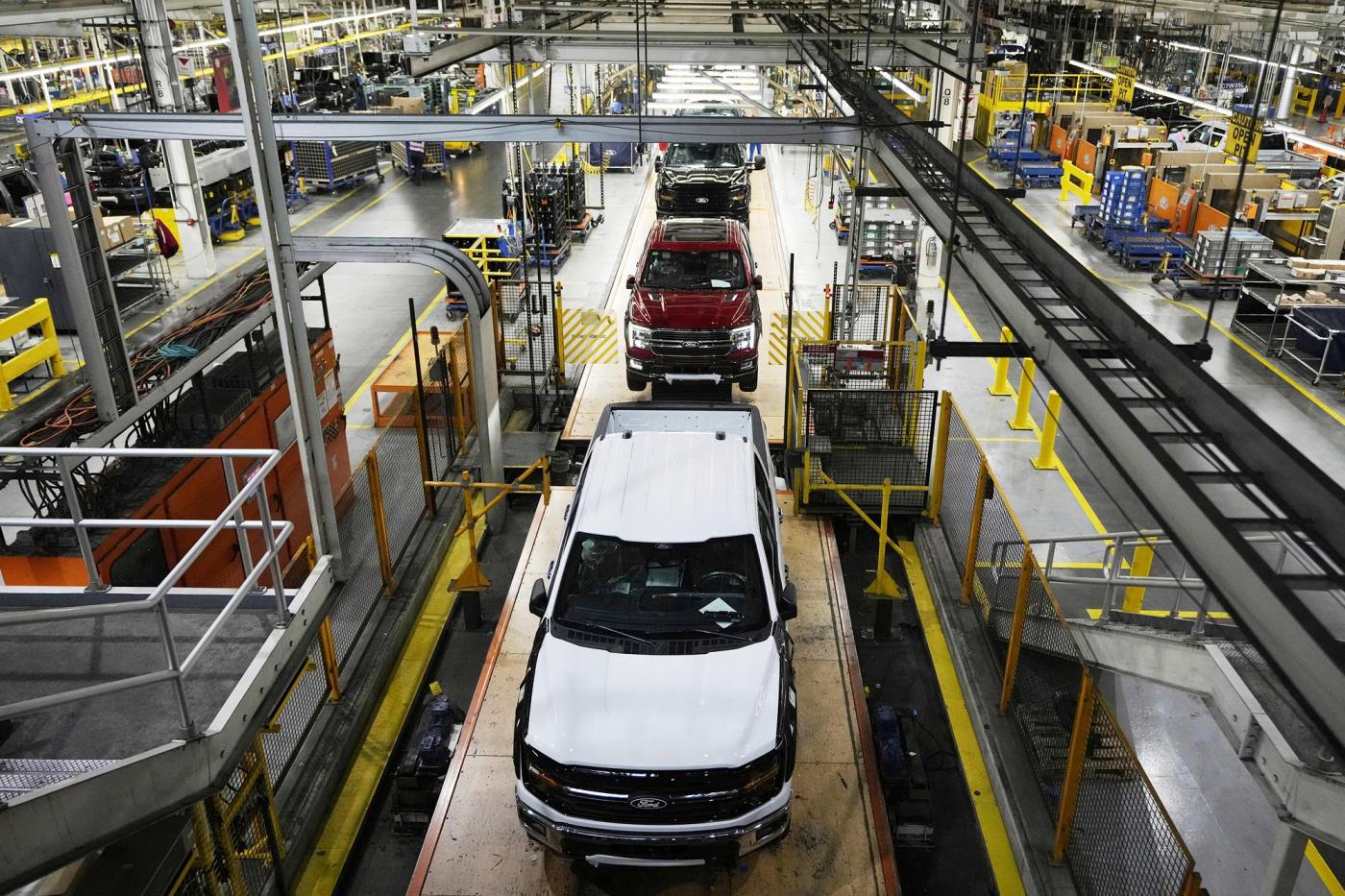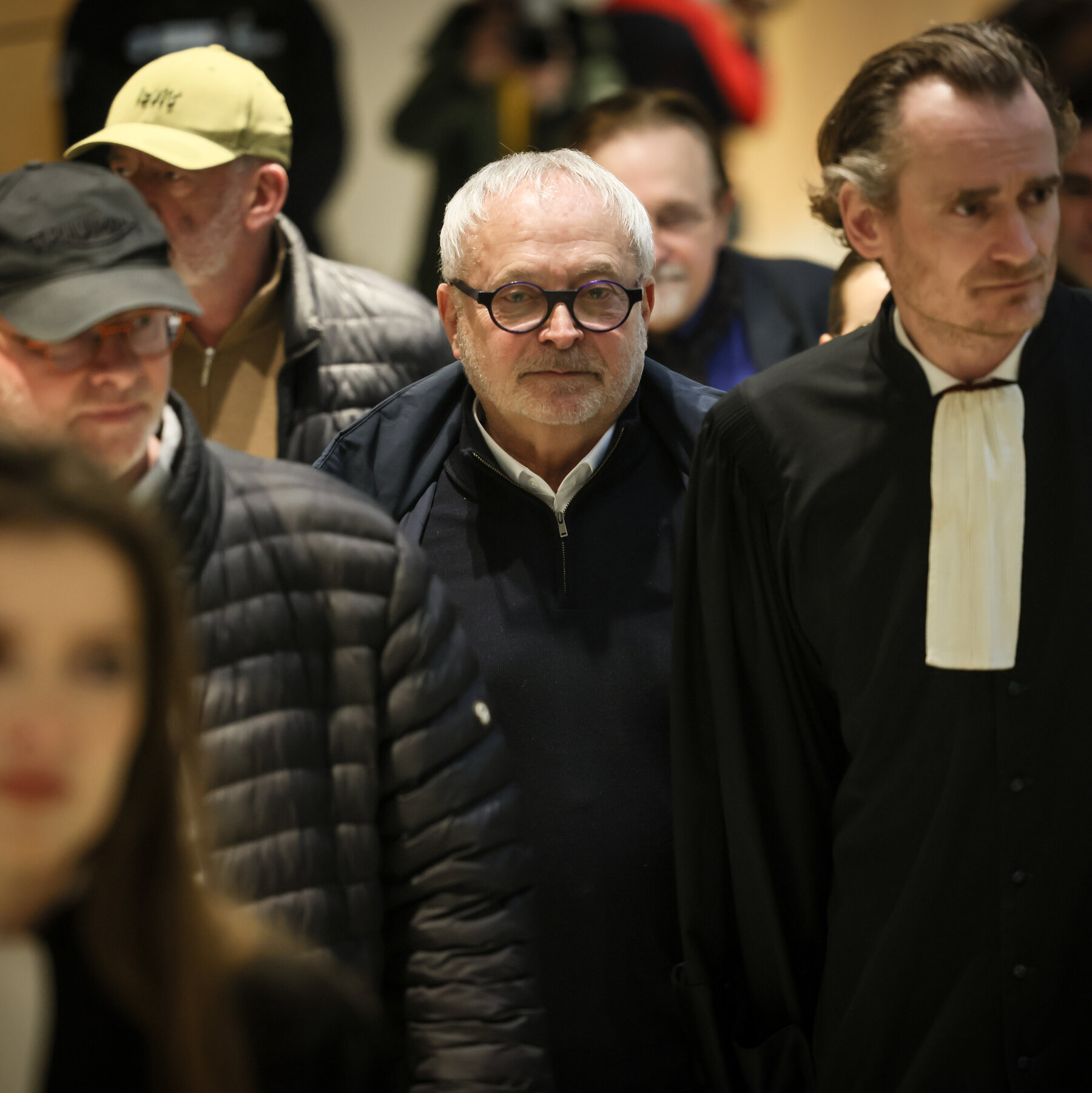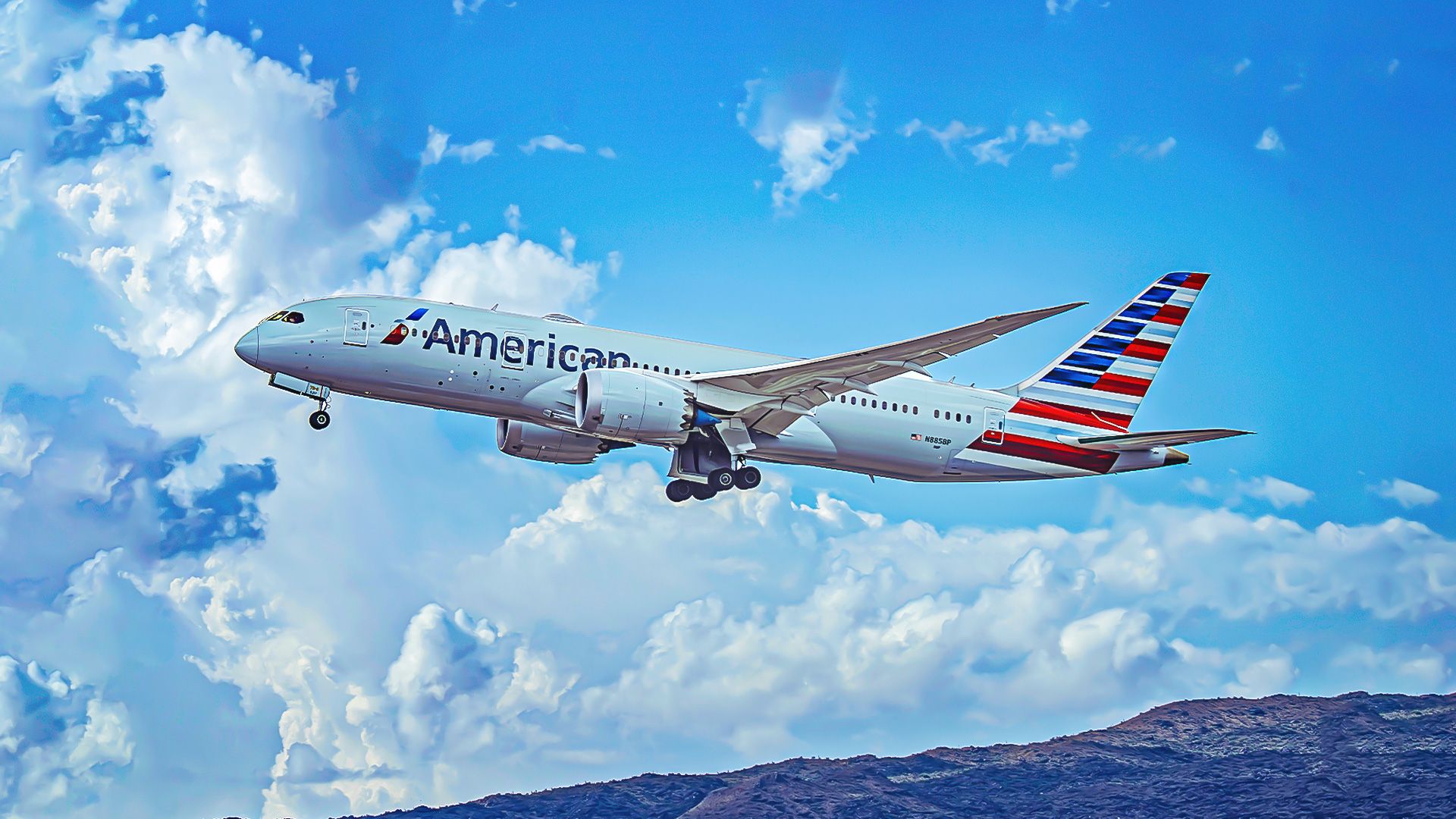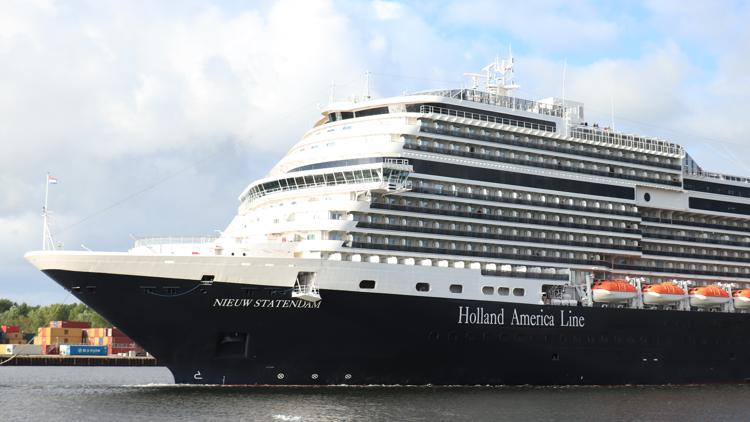Boeing has announced a significant shift in its approach to retired commercial aircraft by converting the iconic 747-8 passenger jets into luxurious business jets. This plan signifies the end of an era in commercial aviation, as the production of the quadjet has ceased. While everyday passengers may miss the experience of traveling on these spacious aircraft, this move offers an exclusive opportunity for the ultra-wealthy and government officials seeking exceptional private transportation.
The Boeing Business Jets division revealed the initiative, stating that its aim is to repurpose the retired 747-8 models to meet the needs of high-profile clients. The modifications will transform these aircraft into bespoke flying offices, equipped with state-of-the-art amenities designed for comfort and productivity. This strategy not only reflects the changing dynamics of the aviation market but also leverages the remaining value in the 747-8 fleet.
Transforming Commercial Giants into Private Luxuries
The transition from commercial passenger aircraft to private business jets underscores Boeing’s commitment to innovation and adaptability. The 747-8, known for its spacious interiors and advanced technology, will be customized to feature high-end furnishings, conference rooms, and private suites. This transformation caters to a clientele that includes business leaders, celebrities, and heads of state who prioritize comfort and privacy during travel.
The decision to convert these jets comes at a time when the demand for private air travel is on the rise. According to recent reports, the private aviation market has experienced robust growth, driven by the desire for personalized travel experiences. As commercial airlines continue to navigate challenges posed by the pandemic, private jets have become an attractive alternative for many.
Boeing’s approach to repurposing the 747-8 also highlights the company’s strategic pivot in response to evolving market demands. By investing in this transformation, Boeing aims to maintain relevance in a competitive landscape while maximizing the lifecycle of its aircraft. The company has not disclosed specific timelines for the completion of these conversions, but industry experts anticipate that the first refurbished jets could enter service as early as 2025.
Looking Ahead: The Future of the 747
The legacy of the 747 series has been monumental, having played a crucial role in shaping commercial aviation since its introduction. The end of its production marks a notable shift, as airlines increasingly turn to more fuel-efficient twin-engine aircraft. Nevertheless, the conversion of retired models into business jets offers a unique opportunity to preserve the essence of this iconic aircraft.
Boeing’s initiative not only addresses the needs of a niche market but also contributes to sustainable practices by extending the operational life of existing aircraft. As the aviation industry continues to explore innovative solutions, the transformation of the 747-8 into business jets may set a precedent for future aircraft adaptations.
In conclusion, Boeing’s plan to convert retired 747-8s into luxurious business jets is a bold move that resonates with a changing aviation landscape. As the company prepares to embark on this new venture, it remains to be seen how the market will respond to this blend of legacy and modern luxury. The 747 may be moving away from commercial passenger service, but its spirit will undoubtedly live on in the skies.

